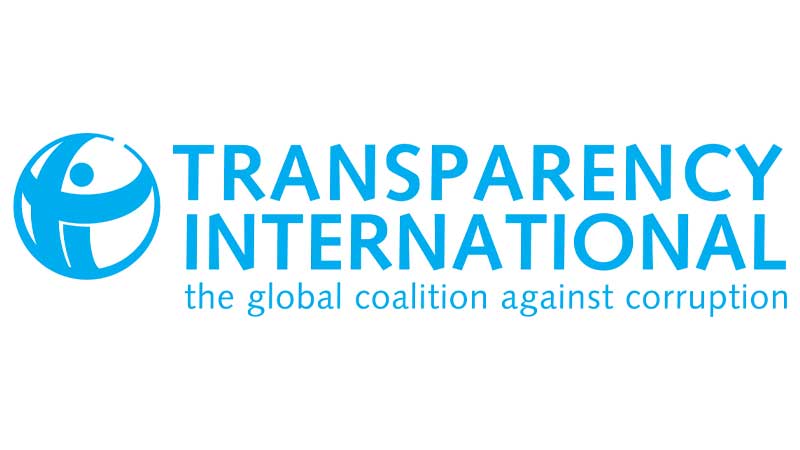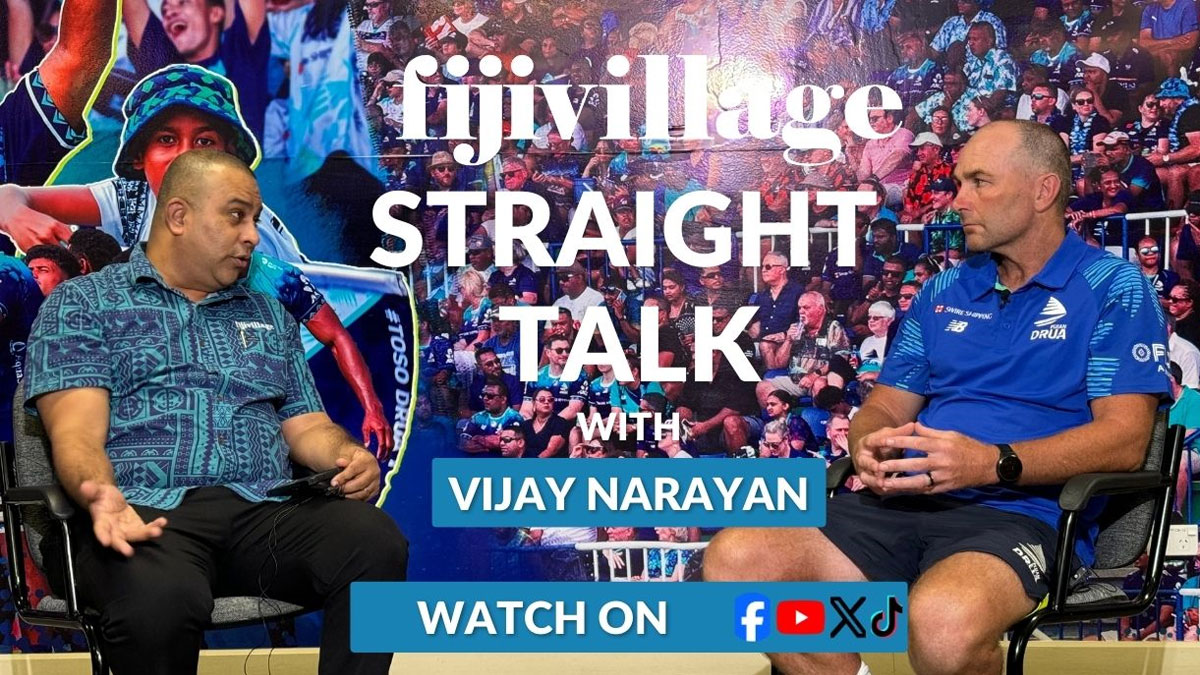
Transparency International’s Global Corruption Barometer Pacific Report on Citizen’s Views and Experiences of Corruption says their survey respondents in Fiji reported the lowest levels of bribery in the region but there have been reports of increasing harassment, arrest and detention of critics.
According to the survey, 56%of the people said the Government in Fiji is doing a good job of fighting corruption, 38% said it was doing a bad job while 5% said they do not know.
68% of the people surveyed said corruption is a big problem in Government and 61% said corruption is a big problem in the business sector.
6,000 people took part in the survey for the Pacific while 1,000 people were surveyed in Fiji by Tebbutt Research from February 5th to March this year.
Bribery rates also differ significantly from country to country.
More than half of respondents who used at least one of the public services assessed in the survey paid a bribe in Kiribati (64%), the Federated States of Micronesia (61%) and Papua New Guinea (54%). In contrast, Fiji maintains the lowest overall bribery rate (5%), followed by French Polynesia (11%).
The report also says since 2018, Fiji has been one of the few Pacific countries with a specific right to information law, the Fiji Independent Commission against Corruption supports the reporting of corrupt acts and whistleblower protection and the Government publishes budget information and conducts extensive budget consultations but it also says laws provide the Government with direct oversight of the media and the ability to levy heavy penalties against critics, fostering a climate of fear and self-censorship and limiting press freedom.
The report says there has been substantial interference with the right to peaceful assembly and the Government’s response to the COVID-19 pandemic has appeared to follow a similar trend.
It says while 78% of respondents thought that the Government handled the pandemic in a transparent manner, this data was gathered before the first severe outbreak hit the country.
The report says concerns have since been raised about an increasingly authoritarian response to the crisis.
It says the good news is that 83% of respondents think ordinary people can make a difference in the fight against corruption.
The Transparency International report says these findings are in line with those from their previous survey in 2013, which showed that Fijians are highly engaged in anti-corruption work.
It says both in Fiji and regionally, young people have proved particularly passionate about the fight for transparency and accountability.
Transparency International says their partner Youth for Integrity – a programme led by young Fijians – runs digital campaigns against corruption.
This year the youth group also joined with other civil society organisations to successfully lobby for the postponement of a new bill granting Fijian Police additional and potentially problematic powers, until proper public consultations are undertaken.
Stay tuned for the latest news on our radio stations

